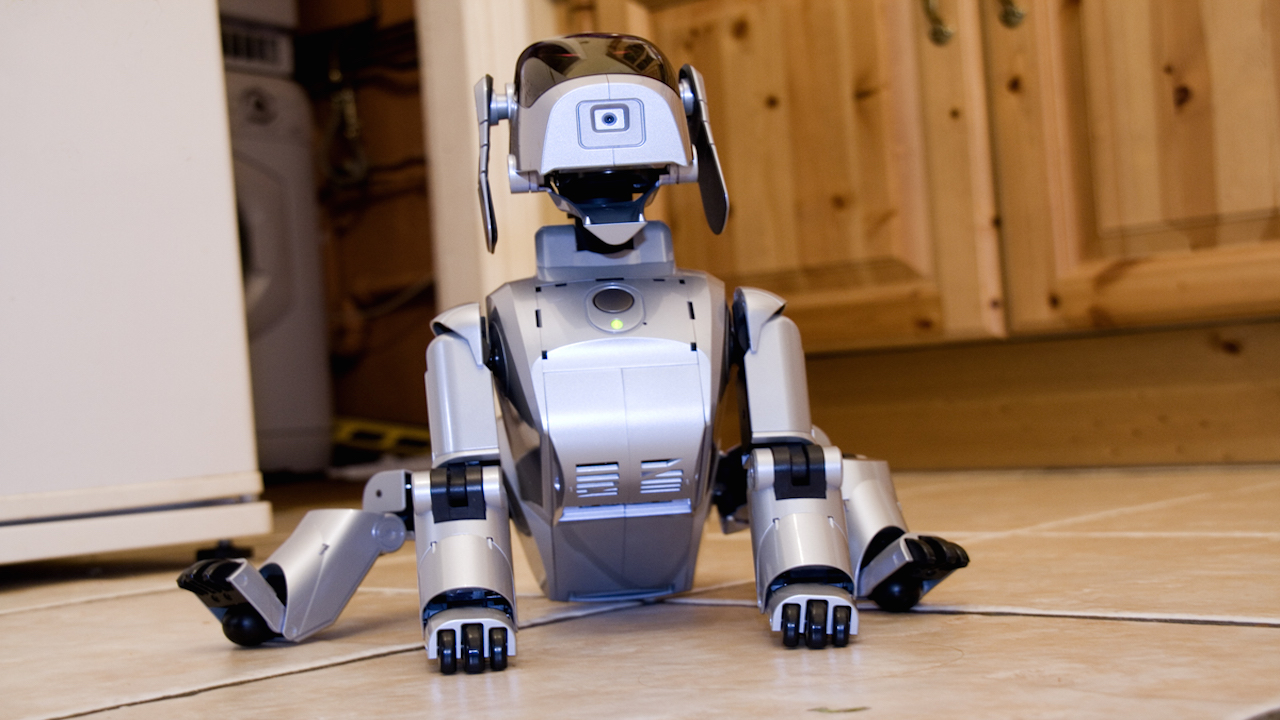Imagine a future city where all pets are replaced by robots. The city is too crowded and too expensive for anyone but the wealthiest to have pets, so robots like Sony’s AIBO robotic dog have replaced them. Dogs don’t have to be walked. Litter boxes don’t have to be cleaned. The shelters are empty. Ferrets are legal. People get to experience the benefits of pet ownership without the costs. This is the world that Dr. Jean-Loup Rault imagines: a perfect pet-owning future, except for the pets themselves.
Animal welfare researcher Dr. Jean-Loup Rault of Australia’s University of Melbourne published a paper in Frontiers of Veterinary Science that argues that a future where souped-up Tamagotchis replace dogs is closer than we think. As overpopulation and overcrowding become a bigger and bigger problem, and robotics technology becomes increasingly sophisticated, robotic pets could become the norm, Rault argues. He believes that humans can form the same emotional attachments to robots that they form to pets, citing how in Japan funerals are sometimes held for AIBO dogs when their circuits burn out.
Rault is too deep into the “frontiers” part of Frontiers of Veterinary Science to have a firm grasp on how humans behave, it seems. His leap from “people love animals” to “people will want robo-pets” is not well-supported enough to ward off skepticism. “It is difficult to imagine how more than half of the 9.6 billion people of 2050 could still keep pets,” he writes. But it isn’t difficult to imagine at all, as people continue to have children despite overpopulation and not being able to afford it. Not that children and pets are equal in terms of importance, but the continued popularity of both shows that people prefer to do things that make them happy and feel alive, even if it’s not in their own economic best interest or even societal best interest. If pets were really a luxury and not a necessity for so many people who live in overcrowded and expensive cities, there would already only be a handful of dogs in New York City. And citing how much Japanese people love their AIBOs is not a strong predictor of future popularity, either, because Japan seems way more attached to inanimate objects than most other parts of the world.
Until robots can love people back, they will not replace pets.
(Photo: Carl Jones)


